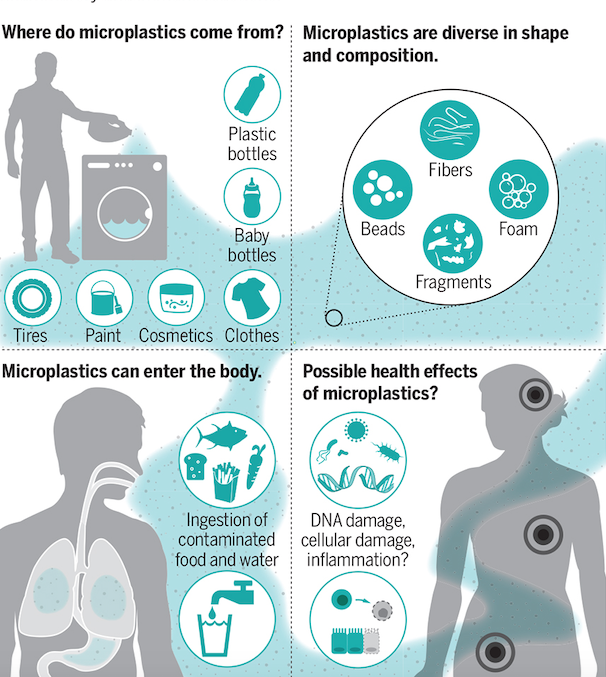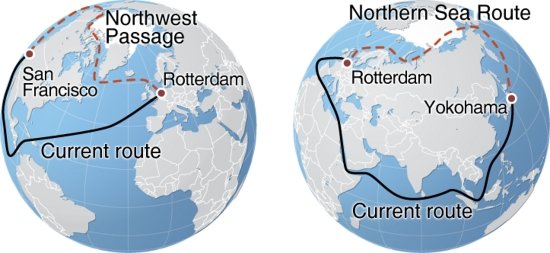
Severe Coral Bleaching in Lakshadweep
Subscribers of "Current Affairs" course can Download Daily Current Affairs in PDF/DOC
Subscribe to Never Miss an Important Update! Assured Discounts on New Products!
Must Join PMF IAS Telegram Channel & PMF IAS History Telegram Channel
- Context (IE): The ICAR-Central Marine Fisheries Research Institute (CMFRI) has found that coral reefs in the Lakshadweep Sea have undergone severe bleaching due to prolonged marine heatwaves since 2023.
Warming Indian Ocean
- Due to the rapid warming in the Indian Ocean and strong El Niños, marine heat waves have increased. Earlier, these heat waves were rare in the tropical Indian Ocean, but now they are an annual affair.
- The western Indian Ocean region experienced the largest increase in marine heat waves, at a rate of about 1.5 events per decade, followed by the north Bay of Bengal, at a rate of 0.5 events per decade.
- An underwater survey showed that 85% of the corals in the Gulf of Mannar near the Tamil Nadu coast got bleached after the marine heatwave in 2020.
Coral bleaching and temperature surge in Lakshadweep Sea
- Corals experience thermal stress when sea surface temperatures exceed 1 degree Celsius above the maximum mean temperature, worsening if they exist for a longer period.
- Lakshadweep Sea is experiencing temperatures 1 degree Celsius above the norm since October 2023.
- Degree Heating Week (DHW) values above 4 degrees Celsius weeks cause significant coral bleaching — a threshold that Lakshadweep has now crossed.
|
- Shifts in ocean currents also lead to unusually high water temperatures.
Impacts of rising coral bleaching
- The heat waves threaten the livelihoods of coastal communities, tourism and fisheries sectors, and critical marine habitats, including seagrass meadows.
- Similar to corals, seagrass meadows and kelp forests are experiencing detrimental impacts from the heat waves, such as impaired photosynthesis, reduced growth, and hindered reproductive functions.
- Coral reefs form Lakshadweep, and the health of reefs is important for the islands’ structure.
- Death of coral may lead to the accumulation of organic matter, preventing future formation of corals.





![PMF IAS Environment for UPSC 2022-23 [paperback] PMF IAS [Nov 30, 2021]…](https://pmfias.b-cdn.net/wp-content/uploads/2024/04/pmfiasenvironmentforupsc2022-23paperbackpmfiasnov302021.jpg)











